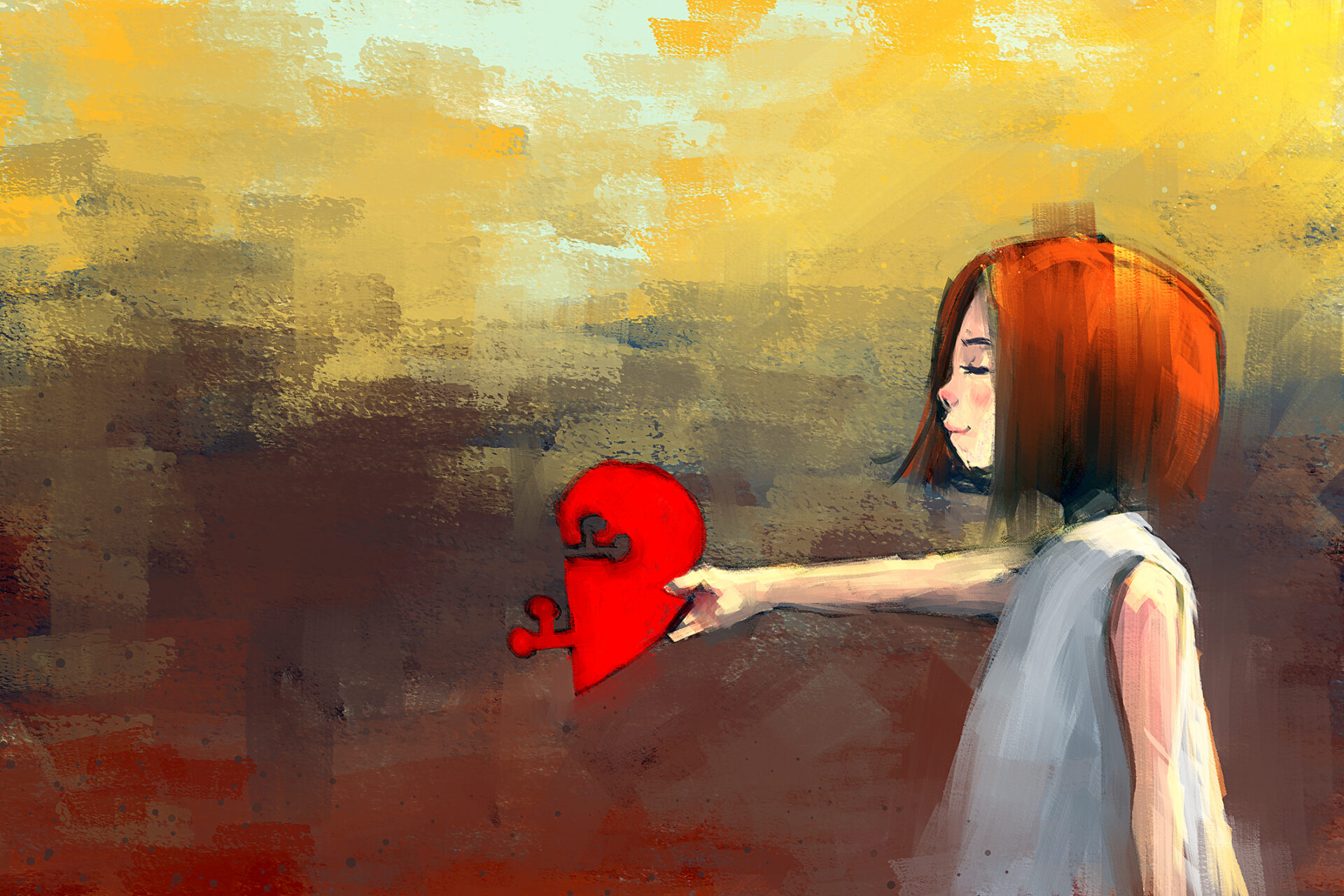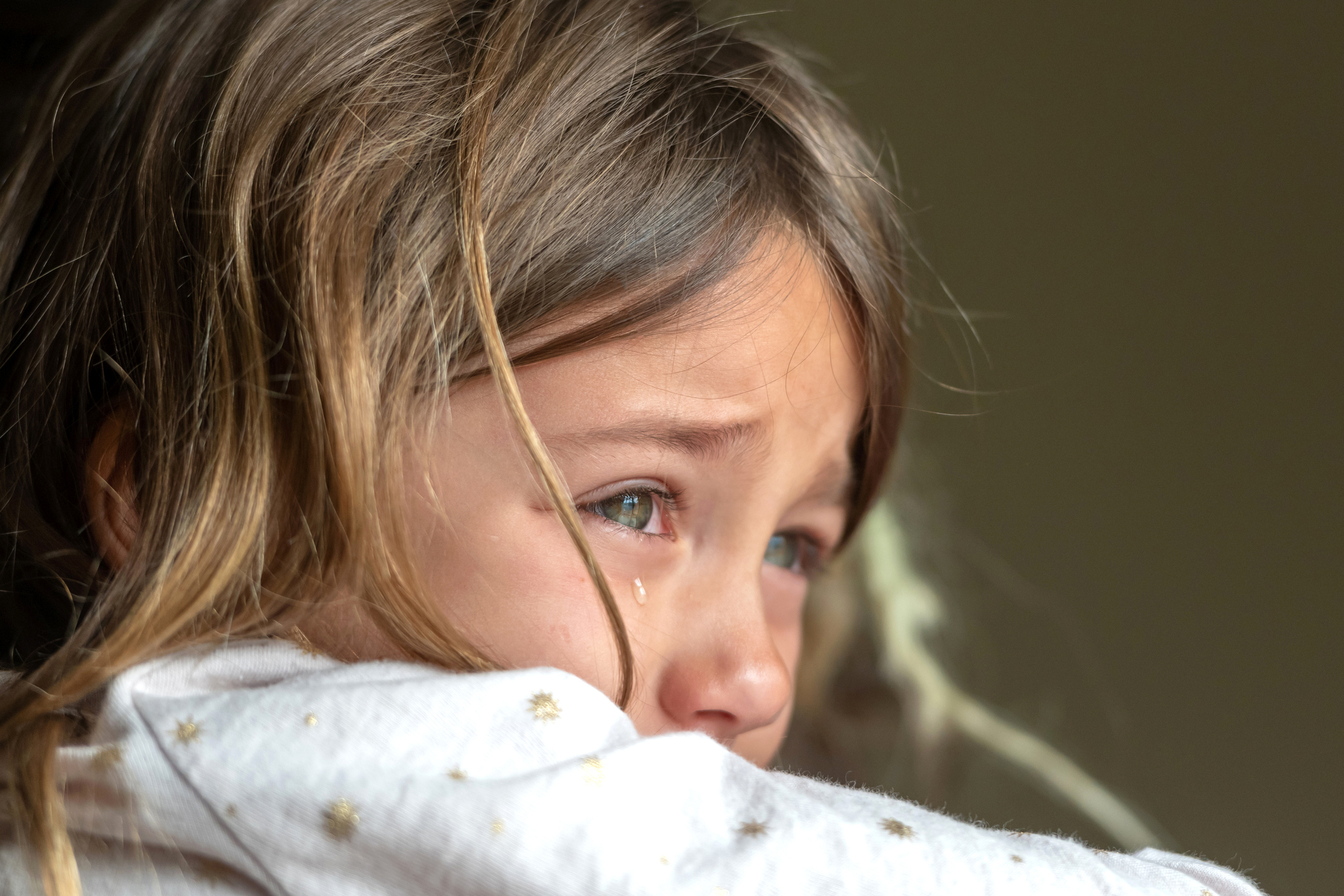Studies have shown that children who are treated poorly have a higher chance of developing mental disorders as adults. These maltreatments in childhood lead to decreased social behaviors and instill negative cognitive patterns, which are carried throughout the child’s life. They feel vulnerable to the world around them and have trouble processing their emotions, which is an indicator for poor mental well-being. Also, they are demotivated by social rewards which means that they have trouble in relationships. Overall, it’s important to reduce the amount of adversity in a child’s life to minimize future hardship.
Key Takeaways:
- Researchers need to better understand the ways in which maltreatment in childhood leads to poor mental health outcomes later in life.
- Children who are exposed to adversity might not learn how to express or regulate their emotions.
- Children who have experienced adversity may develop difficulty in planning, organizing, and executing their activities.
“In developmental terms, when a child withdraws from social interactions that are no longer experienced as rewarding or safe; it can precipitate a negatively reinforcing cycle in which children become less and less motivated to engage with others, participate in social exploration or seek out socially rewarding relationships.”
Read more: https://aifs.gov.au/cfca/publications/developmental-differences/diminished-social-reward






